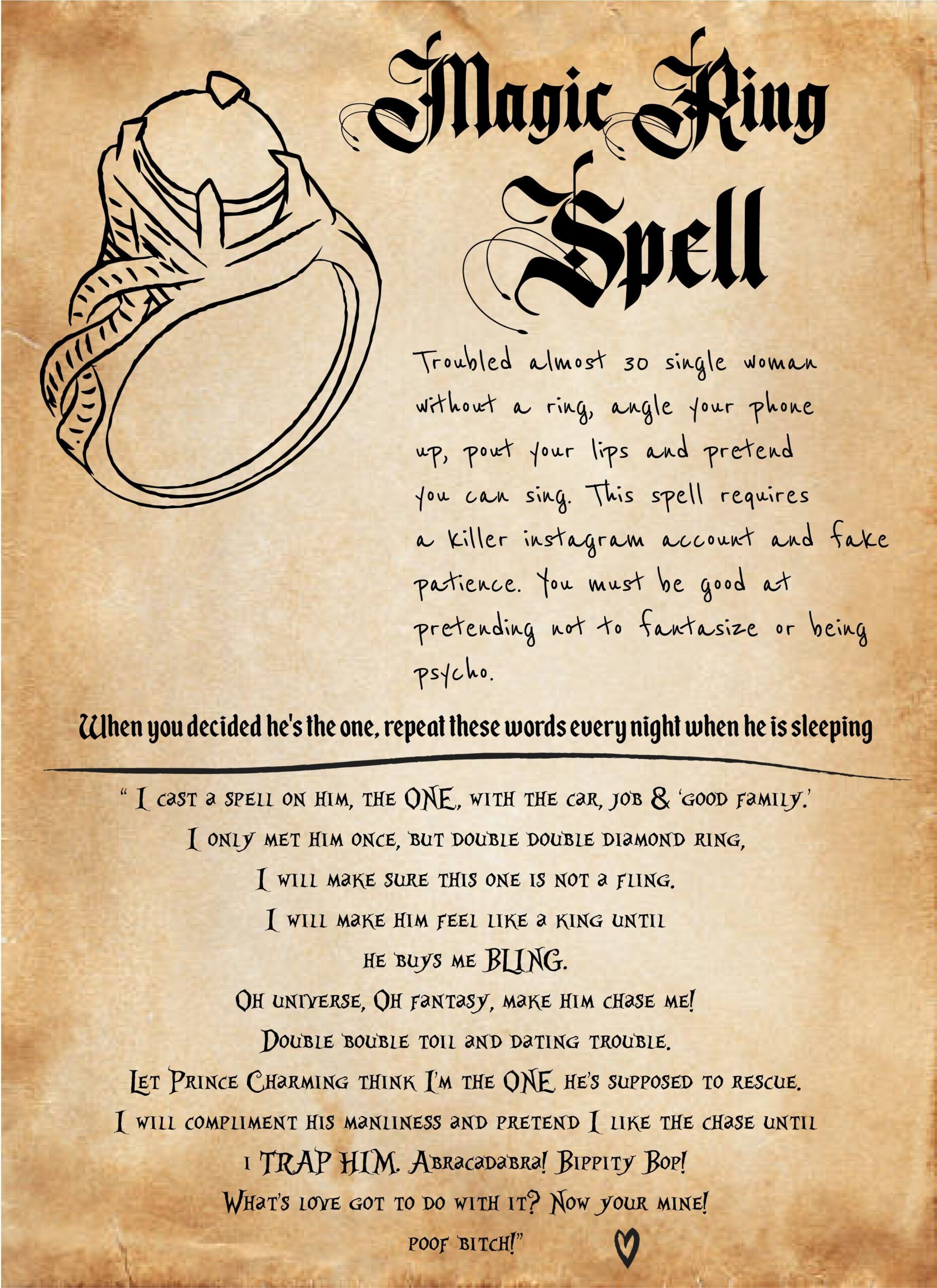The Power of Lasting Impressions: Why Actions Speak Louder Than Words
The wisdom behind” people will forget what you say ”
” People will forget what you say, people will forget what you do, but people will ne’er forget how you make them feel. ” This profound statement by Maya Angelou will capture an essential truth about human connection. In our interactions with others, the emotional impact we leave frequently outlast the specific words we speak.
Communication extend far beyond verbal exchanges. While words thing, they represent merely a fraction of how we connect with others. Research suggest that non-verbal cues, actions, and the emotional responses we trigger form the foundation of last impressions.
The science of memory and emotion
Neuroscience offer compelling evidence for Angelou’s observation. The brain process emotional memories otherwise than factual information. The amygdala, our emotional processing center, enhance memory formation when strong feelings are involved.
Studies systematically show that emotional events create stronger, more resilient memories than neutral experiences. This explains why we might forget the exact words someone speak but vividly recall how their presence affect us emotionally.
When we experience strong emotions — whether positive or negative — our brain releases chemicals that fundamentally tag those memories as important. This biological mechanism help explain why emotional impressions endure while specific words fade.
Leadership: beyond words to lasting impact
Effective leaders understand that their influence extend beyond directives and speeches. The virtually memorable leaders create emotional connections through:
- Demonstrate authentic concern for team members
- Model the behaviors they expect from others
- Create environments where people feel value
- Respond with empathy during challenge situations
- Celebrate successes and acknowledge contributions
Consider historical figures like Martin Luther king jr. while many recall fragments of his speeches, what sincerely resonate is the hope and dignity he inspires. His words were powerful, but his ability to make people feel part of something meaningful create his endure legacy.

Source: etsy.com
In corporate settings, employees seldom remember every detail from meetings or performance reviews. Nevertheless, they vividly recall whether their manager make them feel respect, understood, or dismiss.
Relationships: create emotional deposits
Relationship expert john Ottoman’s research reveal that successful long term relationships maintain a 5:1 ratio of positive to negative interactions. This ratio isn’t about what partners say but about the emotional climate they create unitedly.
In personal relationships, small gestures much carry more weight than grand declarations. A partner who systematically demonstrate thoughtfulness through actions build stronger bonds than one who simply speak love words without follow through.
Consider this relationship strengthen approaches:
- Active listening that make others feel heard
- Consistent reliability that build trust
- Small acts of kindness that demonstrate care
- Being present during important moments
- Respond with empathy quite than solutions
These behaviors create what psychologists call” emotional deposits”—positive experiences that strengthen relationship bonds and outweigh the impact of specific conversations.
The customer experience: emotion drive loyalty
Businesses progressively recognize that customer loyalty stem more from emotional connections than product features. Research by the remain group find that customers who have positive emotional experiences are 6 times more likely to purchase again and 12 times more likely to recommend the company.
Successful brands focus on create emotional connections through:
- Resolve problems with empathy and generosity
- Training staff to recognize and respond to customer emotions
- Personalize interactions to make customers feel value
- Create surprising moments of delight
- Demonstrate authentic company values
Customers seldom remember specific marketing messages or product specifications. Nonetheless, they vividly recall how a brand make them feel — whether value, frustrated, or delighted.
Teaching and mentoring: the emotional legacy
Educators know that students may forget specific lessons but remember the environment create in their classrooms. The virtually influential teachers create settings where students feel:
- Safe to take intellectual risks
- Capable of growth and improvement
- Respect as individuals
- Support through challenges
- Inspire to discover their potential
A teacher who create these emotional conditions leave a far more significant impact than one who but deliver information efficaciously. Years previous, students may not recall specific lectures but vividly remember how a teacher make them feel about themselves and their abilities.
Digital communication: the emotional challenge
In our progressively digital world, create emotional connections present unique challenges. Text messages, emails, and social media posts strip aside many non-verbal cues that convey emotion in face to face interactions.
To create meaningful connections in digital spaces:
- Use video calls when emotional content matter
- Take extra care with write tone and word choice
- Acknowledge emotions explicitly in text
- Follow up important digital exchanges with personal contact
- Use appropriate emojis or gives to convey emotional context
Eventide in digital environments, the principle hold: people remember how online interactions make them feel more than the specific content exchange.
Public speaking: emotion trump information
The virtually memorable speeches connect emotionally preferably than merely convey information. Consider these techniques use by impactful speakers:
- Personal stories that create emotional resonance
- Authentic passion that demonstrate conviction
- Vulnerability that build trust
- Humor that create connection
- Powerful imagery that evoke emotional responses
Ted talks that go viral typically feature speakers who create emotional experiences kinda than simply present data. Audiences may forget statistics but remember how a speaker make them feel inspire, move, or motivate to act.
Conflict resolution: emotional repair
During conflicts, emotional dynamics oftentimes matter more than the specific issues being discussed. Successful conflict resolution focus on:
- Acknowledge feelings before address problems
- Maintain respect flush during disagreements
- Create safety for vulnerable conversations
- Demonstrate willingness to understand other perspectives
- Repair emotional damage alongside resolve issues
People seldom remember the exact words speak during arguments, but they vividly recall whether they feel respect, dismiss, understand, or attack.

Source: thesuccessfulspirit.com
Create positive emotional legacies
How can we apply this wisdom to create more meaningful connections? Consider these practical approaches:
1. Practice emotional awareness
Begin by develop greater awareness of how your words and actions affect others emotionally. After interactions, reflect on questions like:
- How did the other person seem to feel during our exchange?
- What non-verbal cues did I notice?
- How might my tone or body language have affected them?
- What emotions was I experience, and how might they’ve influenced the interaction?
This reflective practice build emotional intelligence and help you become more intentional about the feelings you generate in others.
2. Prioritize presence over perfection
Being full present create stronger emotional connections than have perfect words. Practice:
- Put away devices during conversations
- Maintain eye contact
- Ask thoughtful follow-up questions
- Respond to emotional cues
- Minimize distractions during important exchanges
People feel value when they sense your complete attention, yet if your words are imperfect.
3. Align words with actions
Consistency between what you say and what you do build trust and positive emotional associations. This alignment include:
- Follow through on commitments
- Demonstrate values quite than simply state them
- Acknowledge when actions don’t match words
- Make amends when inconsistencies occur
When words and actions align, you create clarity and security in relationships.
4. Create emotional bookmarks
Deliberately create positive emotional experiences that serve as relationship anchors. These might include:
- Celebrate milestones in meaningful ways
- Create traditions that generate positive feelings
- Offer support during challenge times
- Express genuine appreciation
- Share vulnerable moments that deepen connection
These emotional bookmarks create last impressions that strengthen bonds over time.
5. Repair emotional damage
When interactions go unwell, focus on emotional repair quite than simply resolve the issue. Effective repair include:
- Acknowledge the impact of your behavior
- Take responsibility without defensiveness
- Express genuine remorse
- Make amends in meaningful ways
- Change behavior to prevent future harm
Thoughtful repair can transform negative emotional impressions into experiences of connection and growth.
The paradox: when words are remembered
Interestingly, the words almost likely to be remembered are those that create strong emotional responses. Consider phrases li” “Ii love you” I’m proud of you,” or ” Ielieve in you. ” thTheseimple statements endure in memory just because they generate powerful feelings.
Likewise, harsh words that wound profoundly may be remembered verbatim years subsequently. This phenomenon doesn’t contradicAngelouou’s wisdom but reinforce it — these words arremembereder specifically because of their emotional impact.
Build a positive legacy
Finally, the wisdom in” people will forget what you say ” sn’t an invitation to speak heedlessly. Kinda, it’s a reminder to focus on the complete experience we create for others through our presence, actions, and words combine.
By attend to how we make others feel, we build relationships that matter and create legacies that endure. In a world progressively focus on information exchange, this emotional dimension of human connection remain our virtually powerful means of influence.
As Maya Angelou’s complete quote will remind us:” people will forget what you say, people will forget what you do, but people will ne’er forget how you make them feel. ” iInthis profound observation lie a timeless guide to meaningful human connection.
MORE FROM getscholarships.de













